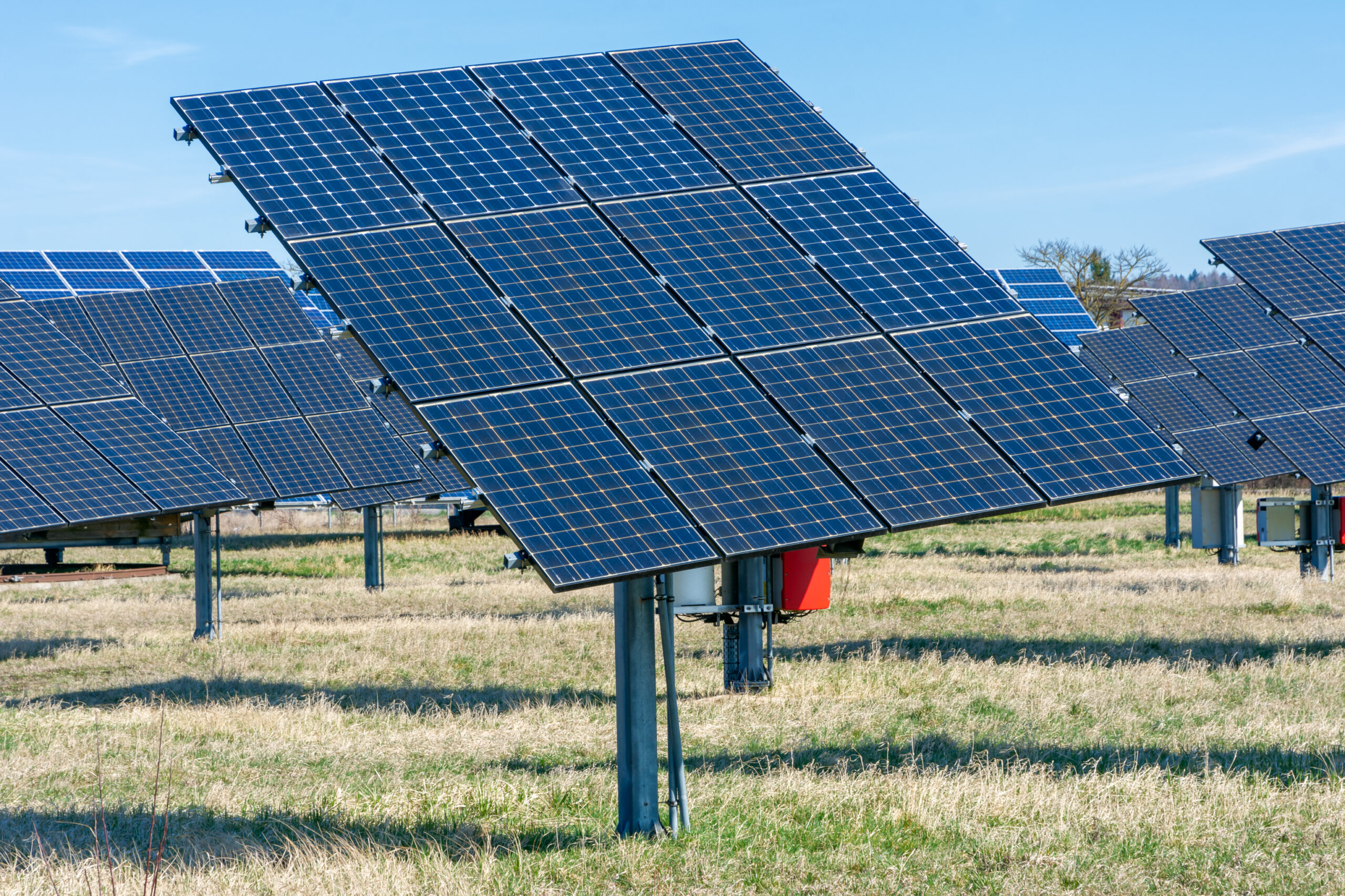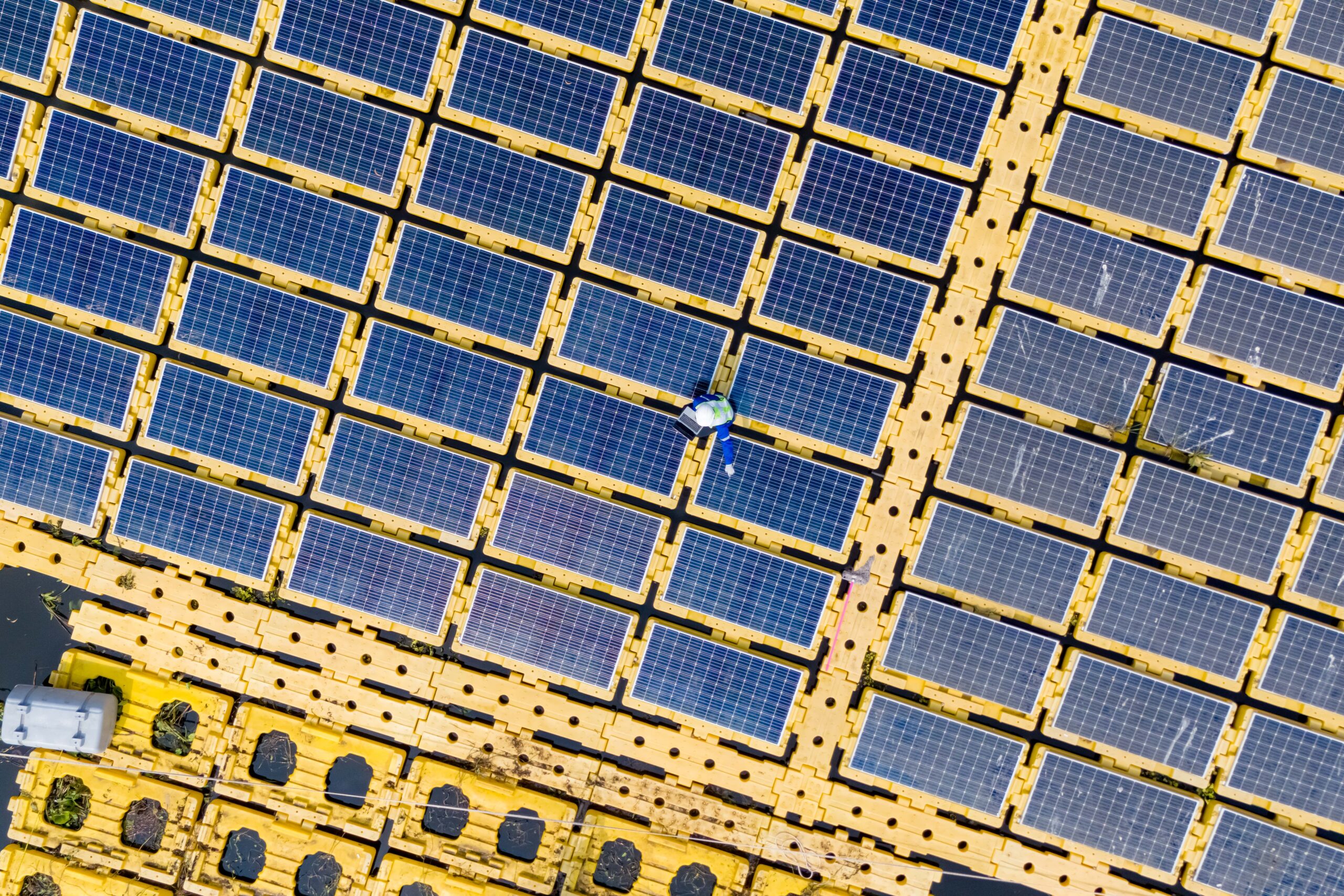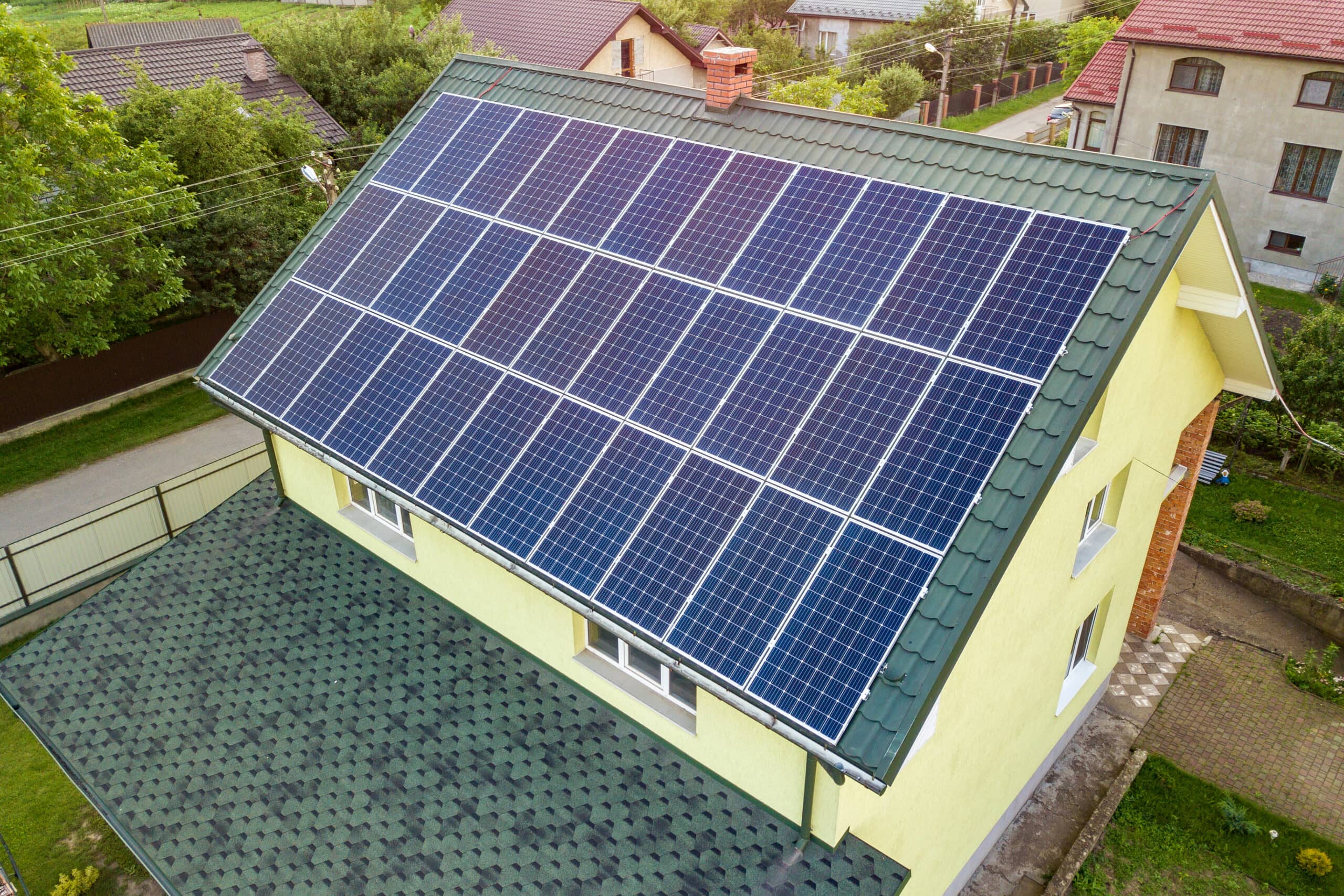With the rising popularity of solar energy in residential settings, homeowners often face a crucial decision whether to lease or purchase their solar system. This decision carries significant implications for energy savings, environmental impact, and long-term financial considerations. In this article, we will thoroughly examine the advantages and drawbacks of leasing versus buying a residential solar system. By offering a comprehensive analysis, we aim to equip homeowners with the knowledge to navigate this decision effectively, considering their unique needs and circumstances.
Investing in solar energy by purchasing a solar system offers homeowners a pathway to harness sustainable power. When buying a solar system, individuals embark on a journey of ownership, encompassing various essential components that form a complete solar setup. The cornerstone of a solar system purchase lies in acquiring solar panels. These panels serve as the frontline soldiers, absorbing sunlight and transforming it into electricity, paving the way for a greener energy source within the household.
The inverter complements the solar panels, a vital component that converts the solar panels’ direct current (DC) electricity generated into the alternating current (AC) electricity required to power household appliances seamlessly. Moreover, including batteries can enhance the solar system’s efficiency by storing surplus energy generated during sunlight hours, ensuring a steady power supply even when the sun sets.
Mounting hardware plays a crucial role in the purchase of solar systems. It offers the necessary framework and equipment to securely install the solar panels, optimizing their exposure to sunlight for maximum energy generation. Furthermore, wiring is an indispensable component that forms the neural network of the solar system, connecting all parts and facilitating the smooth transmission of electricity throughout the setup. By embracing the ownership of a complete solar system, individuals can achieve long-term energy savings, environmental sustainability, and potentially increased property value, making solar power a compelling choice for conscientious homeowners.
When considering the upfront costs associated with purchasing a solar system, it’s crucial to break down the expenses comprehensively. The primary components contributing to these costs include the price of solar panels, inverters, batteries (if opted for energy storage), mounting hardware, wiring, and installation fees. Additionally, homeowners should factor in permit costs, maintenance expenses, and any supplementary services required to establish a functional solar setup.
Solar system ownership grants individuals control over the installation process, ensuring the system is tailored to meet their energy needs. Furthermore, owning a solar system provides access to various government incentives and tax credits, enhancing the financial benefits of solar energy adoption.
Investing in a solar system offers significant long-term benefits, primarily through potential savings and return on investment (ROI) over time. By generating clean, renewable energy, homeowners can reduce or eliminate their reliance on traditional grid electricity, resulting in substantial savings on utility bills. The ROI on a solar system typically ranges from 5 to 20 years, depending on factors such as energy consumption, system size, and local incentives.
Moreover, installing a solar system can positively impact home value, making the property more attractive to potential buyers. Studies have shown that homes with solar systems sell faster and at higher prices, highlighting the resale benefits of solar ownership. One of the key advantages of owning a solar system is the attainment of energy independence which typically requires a combination of solar generation and energy storage (batteries), as solar alone cannot provide power during outages without storage. Homeowners can reduce their dependence on fossil fuel energy sources by generating electricity, providing a sense of security during blackouts or adverse weather conditions.
Energy storage options, such as batteries, enable homeowners to store excess energy generated during sunny periods during low sunlight or power outages, further enhancing energy independence and potential savings. By embracing renewable energy and investing in a solar system, individuals contribute to a sustainable future and reap many financial and practical benefits that enhance their overall quality of life.
Leasing a solar system involves an agreement where a homeowner pays a fixed monthly fee to use the solar system installed on their property. In a typical lease agreement, the terms include fixed monthly payments, maintenance, and repair services the leasing company provides. This arrangement allows homeowners to benefit from solar energy without bearing the upfront costs of purchasing a system outright.
One of the primary advantages of leasing a solar system is the absence of significant upfront costs. This makes solar energy more accessible to individuals with limited capital or those not planning to stay in their current residence for an extended period. By opting for a solar lease, homeowners can enjoy the benefits of solar energy without needing a substantial initial investment.
When leasing a solar system, the leasing company typically assumes responsibility for maintenance and repairs, relieving homeowners of managing system upkeep. This contrasts with owning a solar system, where maintenance and repair tasks fall on the homeowner. Leased systems often come with comprehensive maintenance agreements, ensuring the system operates efficiently throughout the lease term. Despite not owning the solar system, individuals leasing a system will not be eligible for certain tax benefits and incentives. In the case of a lease, tax credits and incentives are typically claimed by the entity that owns the solar system; this would usually be the leasing company, not the homeowner.
Additionally, net metering, which allows homeowners to earn credits for excess solar energy fed back into the grid, can still benefit those leasing a solar system. These credits help offset electricity costs, providing further savings and financial advantages. Individuals can decide whether this option aligns with their financial goals, housing situation, and energy needs by considering the details of solar system leasing.
When relating the initial investment required for purchasing a solar system with the potential long-term savings, it’s essential to consider factors like system size, energy production, and local utility rates. While buying a system may involve a higher upfront cost, homeowners can benefit from significant savings on electricity bills over the system’s lifespan. On the other hand, leasing offers the advantage of lower initial costs but may result in lower overall savings compared to owning a system in the long run.
Homeowners who purchase a solar system can take advantage of various incentives and rebates at the federal, state, and local levels, which can help offset the initial investment and enhance long-term savings. Leasing companies often benefit from tax credits and incentives, which can be factored into the lease terms and potentially lower monthly payments for the homeowner.
The cost of ownership of a purchased solar system includes maintenance and repair expenses for which homeowners are responsible. In contrast, leasing companies typically cover maintenance costs for leased systems, providing a hassle-free experience for the homeowner. Over time, the total cost of ownership and maintenance can differ significantly between owning and renting a solar system. Installing a solar system can positively impact the resale value of a home, as it appeals to environmentally-conscious buyers and can lead to reduced energy costs. However, buyer preferences may vary between owned and leased systems, with some preferring the benefits of owning a system outright.
Leasing can be a suitable option for homeowners with uncertain housing plans, as it offers flexibility and the ability to transfer the lease agreement to new homeowners. This can be advantageous for those who may not stay in their current residence for an extended period. Matching solar system options to personal energy goals and lifestyle is crucial. Consider energy consumption, environmental impact, and plans when owning and leasing a solar system. Understanding your energy needs and aspirations can help align your choice with your long-term objectives.
In summarizing the advantages and disadvantages of leasing and buying solar systems, it’s crucial to consider the following:
Buying:
- Advantages: Ownership of the system, potential for higher long-term savings, access to incentives and tax benefits.
- Disadvantages: Higher upfront costs and responsibility for maintenance and repairs.
Leasing:
- Advantages: Lower initial investment, maintenance coverage, predictable monthly payments.
- Disadvantages: Limited savings potential, lack of ownership benefits.
Personal and financial considerations play a crucial role when deciding between leasing and buying. It’s important to evaluate factors such as energy goals, long-term housing plans, and current financial situation to make an informed decision. Consider the immediate financial implications of leasing versus the potential long-term benefits of ownership. Consider personal energy goals, future housing plans, and financial stability when choosing between leasing and buying.
Explore leasing and buying options with a reputable solar consultant to understand the implications of each choice. Take proactive steps to assess your energy needs, financial capabilities, and long-term goals to determine the best fit for your situation. By carefully evaluating these factors and seeking our guidance at Stanton Solar, homeowners can make a well-informed decision that aligns with their needs and preferences.




